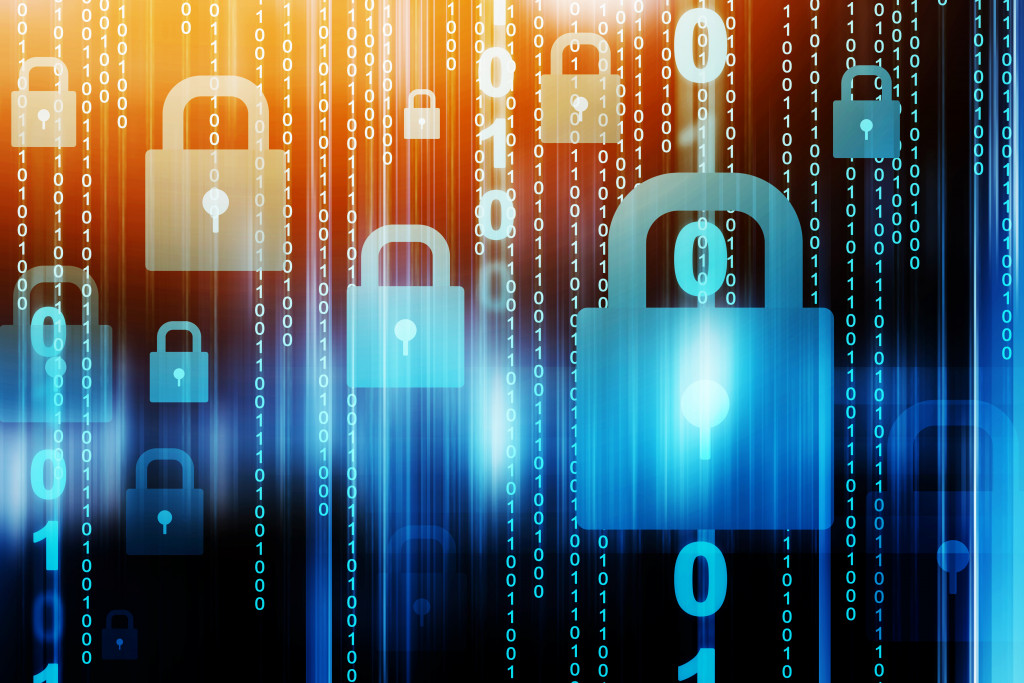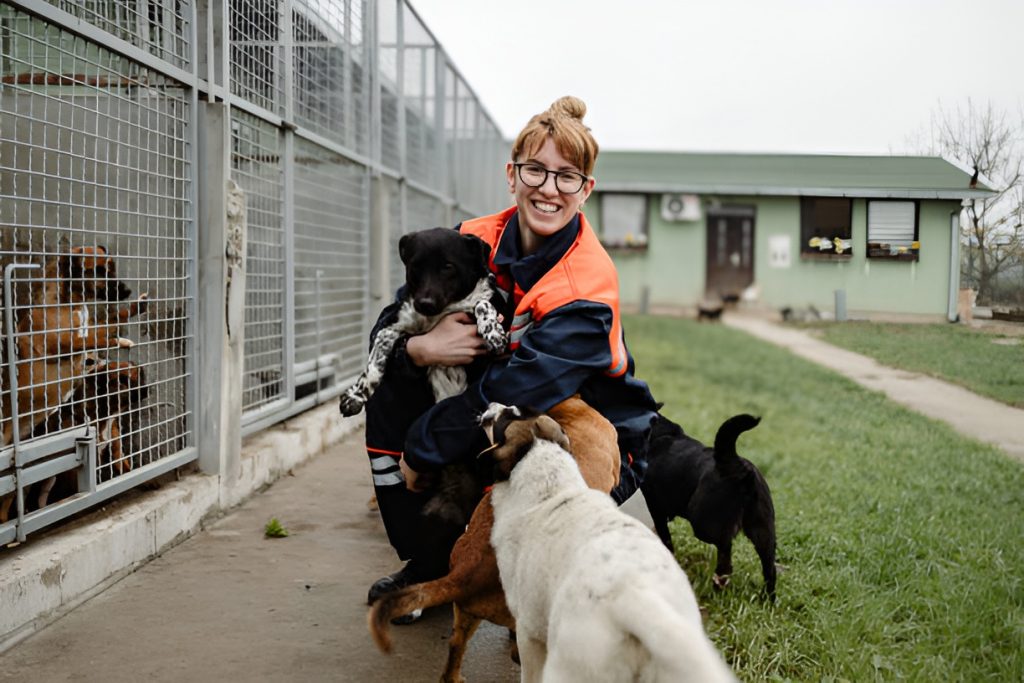When the world first started to use the internet, it had just a few applications, primarily for military purposes and, later, for scientific communication through email. Traditional mail/letters that used to take weeks to arrive at the recipient’s address were replaced by email. Following the introduction of email, the internet and social media entered our life, which practically revolutionized everything.
You don’t have to wait in line to speak with your favorite celebrity. You can quickly contact anyone from anywhere if you have access to the internet. Then, another transformation emerged, such as payment cloud data and, most recently, E-Commerce. The internet has become such an essential part of the globe that its power is now considered one of the many bloodlines of the world economy.
But, like anything else, it has drawbacks, all of which result from evil-minded individuals. These individuals learn to hack to steal important data such as client bank details, residence addresses, and other confidential material. Such black hat hackers take these data for illicit reasons, often to demand money.
As a non-profit organization that helps people and serves the community, you must have a large amount of data saved or backed up on the internet’s cloud data. Payment info, a financial report, confidential data, a password, etc., can be backed on the cloud. So, you don’t want someone prying on your data and selling or misusing it in any manner. So, here’s what you should do to protect your NGO against data theft.
Device security
The first step is to secure the information with a password, which is a simple but necessary step. I’m sure you did it, but I’m not sure about your password choice. Simple, common, weaker, and short passwords are easy to decode for a hacker. As a result, if you have a password that includes a birthday, a name, or just numbers, it is recommended to change it right away.
You must change it to something complicated for hackers to crack. Your password should include both alphanumeric characters and special characters such as @ and #. Also, if possible, keep it in the toggle case, and once you’ve decided on a password, note it down somewhere secure.
Aside from passwords, software programs are important as well. It is usually wise to use the most up-to-date version. These operating systems provide an additional degree of security, and extra protection never hurts.
Be extra cautious
You must be conscious of what you are doing on the internet, and not just you; everyone in charge should be informed as well. Conduct a cybersecurity seminar, invite specialists in this sector, and educate the staff of the threat.
It’s also a good idea to make your NGO a no-smartphone zone because individuals may secretly take photographs of important material. In addition, everyone in the organization must have a separate, strictly work-related email account.
Network security

This is the most crucial process for the entire organization, and it can be executed in two ways: the hard way and the easy way.
To avoid a breach, you can apply manual network micro-segmentation. It protects key network subsystems against cyberattacks, and it’s not as difficult as it sounds. It is simply creating zones in data centers and cloud settings to segregate and secure workloads individually. Using this method, you may design policies that use a Zero Trust approach to limit network traffic across workloads. It significantly helps in reducing the network attack surface, improving breach containment, and strengthening regulatory compliance.
Let me illustrate this with an example. Consider segmentation in the same way as books are organized in a library. They are separated yet still associated. That’s what you do with data: you spread it among various cloud storage providers. Standard flat networks are straightforward to deal with, but they are not as dependable in breach protection. Even firewalls are designed to prevent outside intrusions, but once a hacker gets beyond the barrier, nothing stops them from stealing data. And, sure, segmentation readily removes flat network problems.
The alternative option, which is more straightforward than segmentation, is to install an antivirus that protects your whole network and incorporates automated segmentation. Yes, numerous firms provide such high levels of security. I recommend purchasing the business version, which allows you to log in from multiple devices, and purchasing a yearly subscription. It’s also a good idea to hire an ethical hacker in case something goes wrong.
All you can do is make every effort to save your NGO from cyber-attack. But hackers are cunning, and they are pushing the boundaries when it comes to collecting sensitive information and selling or misusing it. So, it’s better to have as many additional security levels as possible; after all, you don’t want your NGO’s reputation to damage.



